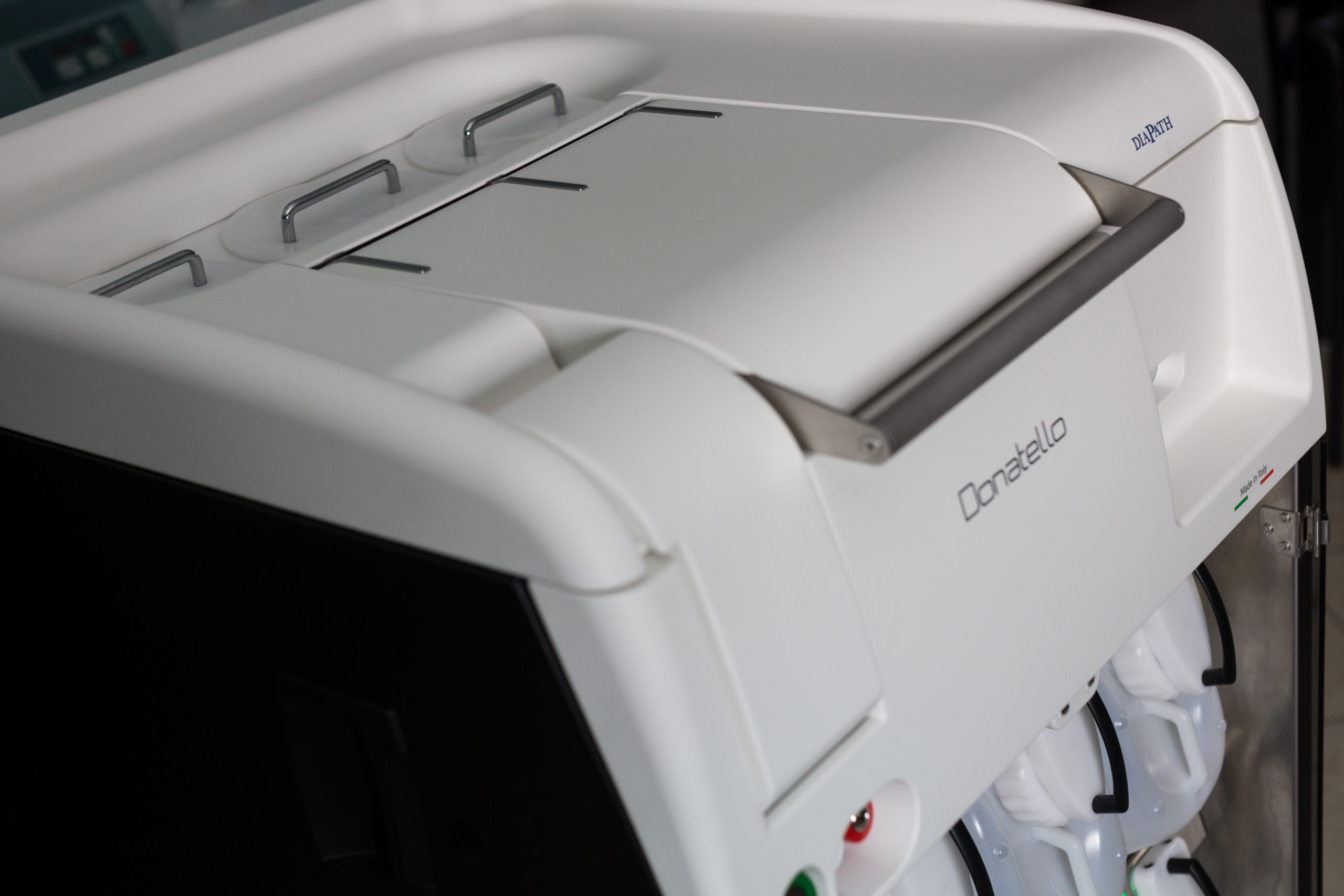
Butyrate ‘s role in pancreatic cancer mice
DESCRIPTION
Butyrate is a product of dietary fibers’ bacterial fermentation, whose anticancer and anti-inflammatory functions are known.
Pancreatic ductal adenocarcinoma is an aggressive cancer that accounts for 90% of cases.
Only 24% of patients survive 1 year and only 9% will live up to 5 years after diagnosis, while the majority of the patients have a life expectancy around 8–13 months.
The term "pancreatic cancer" is referred to this specific type of cancer.
The characteristic of this cancer is to contribute to the resistance against different type of terapies and resulting in a poor clinical outcome while it is growing.
An increasing number of studies are showing that gut microbiota and their metabolites can be seen in cancer progression and response to therapies.
We also provided the evidence that butyrate enhanced gemcitabine effectiveness against two human pancreatic cancer cell lines, mainly inducing apoptosis.
We observed that, when butyrate is administered, the cancer stromatogenesis are reduced, it preserves intestinal mucosa, and increase acids bacteria.
An analysis showed that butyrate reduce some markers of kidney and liver damage.
Its metabolomics approach revealed a deep modification of lipid metabolism which is the element that affect the cancer progression.
Such results support that butyrate supplementation, in addition to conventional therapies, can interfere with pancreatic cancer biology and response to treatment and can alleviate some damages associated to cancer itself or to chemotherapy.